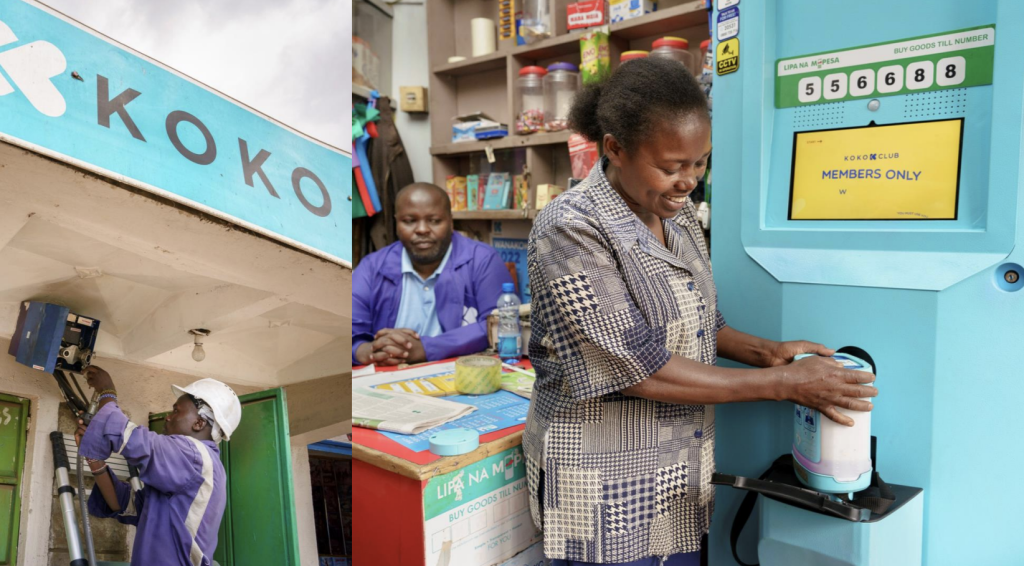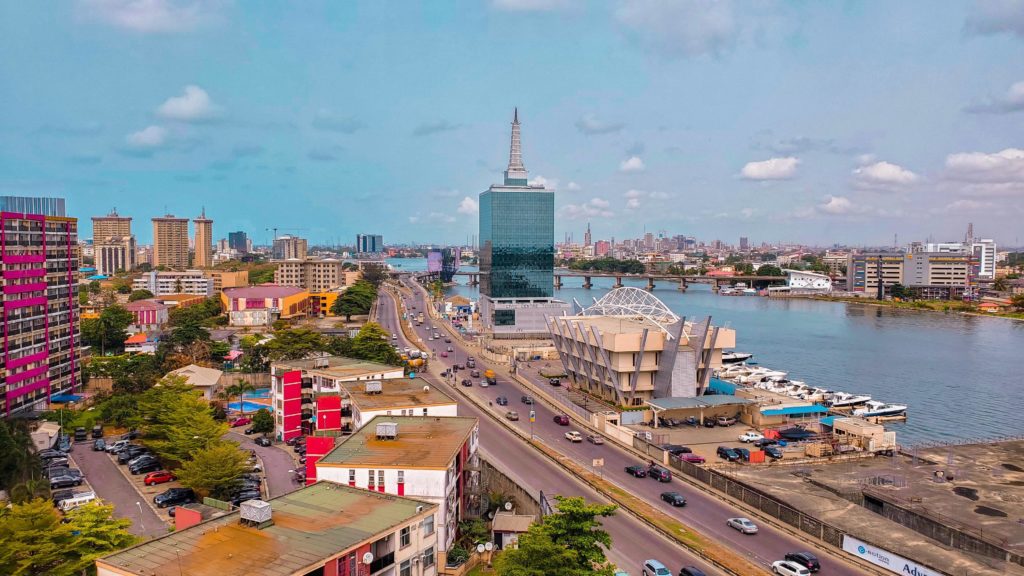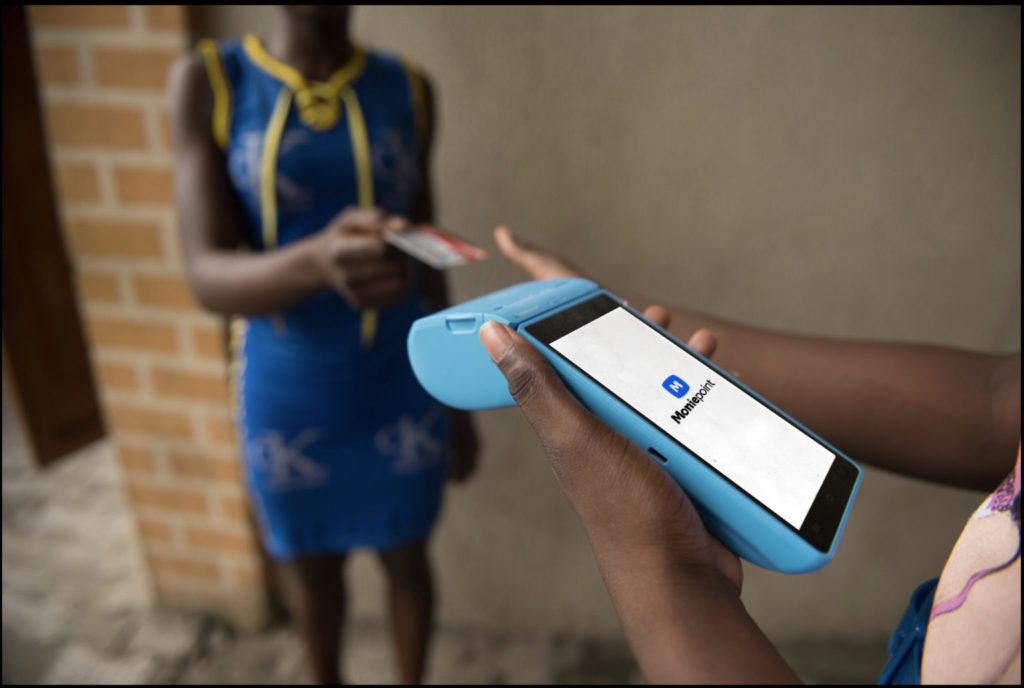Tizeti, a Y Combinator-backed internet service provider operating in Nigeria, Togo, and Ivory Coast, will list on the Nigerian Exchange (NGX) two years after first sharing its ambitions to become a public company. An Initial Public Offering (IPO) will allow Tizeti to raise money from a wider pool of investors at a time when VC activity remains tepid and provide exit opportunities for early investors.
Raising capital in naira will help the eleven-year-old company avoid the pressure of delivering VC-type returns, a herculean task due to naira devaluation and a slowing economy.
“We have started that journey but are focused now on the launch of our fiber broadband service. We will share more information on the IPO shortly,” said Temitope Osunrinde, Vice President for Marketing at Tizeti Networks, while declining to share a timeline for the IPO.
The Initial Public Offering (IPO) will be a massive positive for NGX, which has tried unsuccessfully to convince Nigerian startups to list on its exchange.
African startups often opt to list on foreign exchanges like the NYSE. However, several startups have experienced the unforgiving nature of those markets.
After e-commerce giant Jumia launched its Initial Public Offering (IPO) in 2019, its shares traded at around $14.50 before quickly returning to earth. Today, its shares trade at $4.64, with a market capitalisation of $469 million, less than half its almost $2 billion in the heady days. NASDAQ-listed Swvl Holding also saw its share price fall from around $247 per share in 2021 to $6.34 in 2024.
With few success stories of foreign listings for African startups, industry players like Iyin Aboyeji believe startups should consider listing on the NGX after hitting $1 million or more in annual recurring revenue (ARR).
“They need to think carefully about why they need to raise a Series A and from whom. Raising a Series A from a fund that can’t fund you to a global IPO scale is a fool’s errand,” Aboyeji wrote in a LinkedIn response to Tizeti’s announcement.
Founded in 2013 by Kendall Ananyi and Ifeanyi Okonkwo to make the internet more affordable and accessible in West Africa, Tizeti self-reported $1.2 million in 2018 revenue from 3,000 subscribers. The company is backed by Y Combinator, 4DX and Ventures Platform and has raised $7.4 million in two funding rounds since its launch.
In 2014, Tizeti differentiated itself by offering unlimited, uncapped internet at affordable prices. Its cost-effectiveness is hinged on using undersea cables from providers like MainOne and solar-powered towers.
The company believes its solution is superior to satellite-based internet providers like Starlink, which are expensive and prone to congestion. Tizeti’s products include subscription-based unlimited internet access for homes and businesses in Nigeria and Ghana, co-branded Wi-Fi hotspots with Facebook in high-traffic areas, Voice over IP (VoIP) service, and more recently, FREEFIBER.AFRICA, a new subscription service offering a US IP address, phone number, debit card, and mailing address for $10/month.
Tizeti’s network currently delivers over 180 terabytes (TB) of data daily, surpassing a total of 35,219 TB by December 2023.















